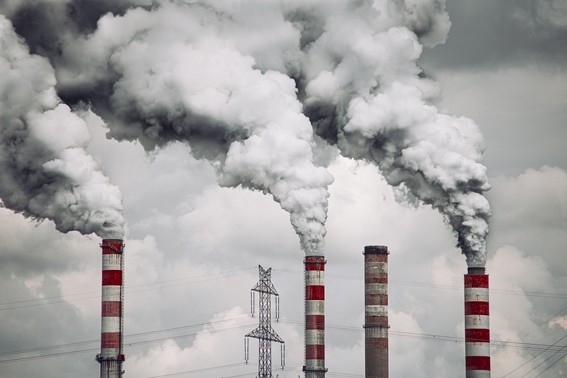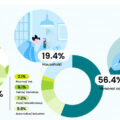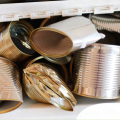U.S. industry associations have welcomed a decision by the U.S. Environmental Protection Agency (EPA) to reconsider several regulations, particularly one aimed at reducing particulate emissions at industrial facilities that had been challenged in court.
The EPA announced that it will revise the updated National Ambient Air Quality Standards (NAAQS) for fine particulate matter (PM 2.5), reducing the allowable limit from 12 to 9 micrograms per cubic meter. The Biden administration defended this measure as a way to improve public health, preventing up to 4,500 premature deaths and 290,000 lost work days, with estimated benefits between $22 and $46 billion, versus costs of $590 million by 2032.
However, the regulation was challenged by Republican attorneys general and industry groups such as the National Association of Manufacturers (NAM), the U.S. Chamber of Commerce, and chemical, forestry, oil and mining associations. They argue that the rule is unworkable and could affect up to $200 billion in economic activity and nearly one million jobs.
Companies in the glass, paper and pulp sector, as well as other industry associations, have supported reconsideration of the rule, claiming that the current regulations do not balance costs and benefits. Meanwhile, environmental groups such as the Sierra Club and the Natural Resources Defense Council have supported EPA’s position in court.
The dispute is still pending in the U.S. Court of Appeals for the District of Columbia.













